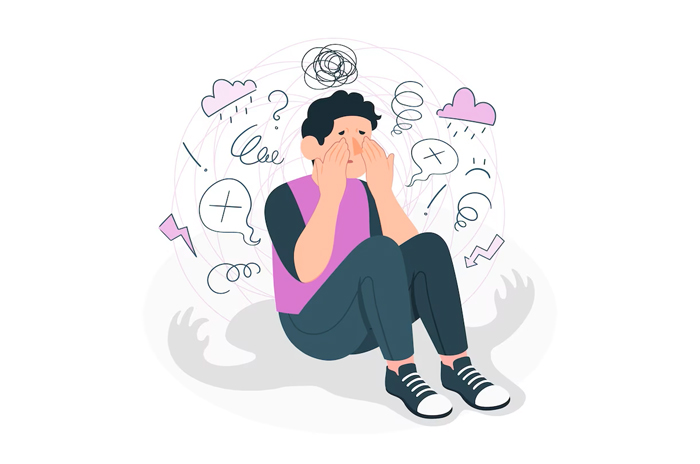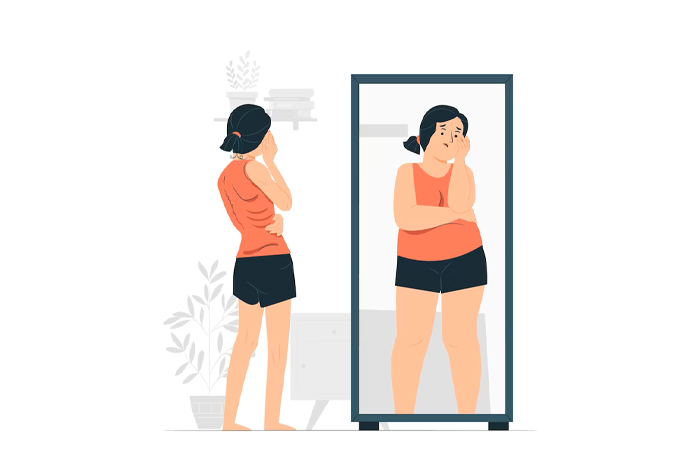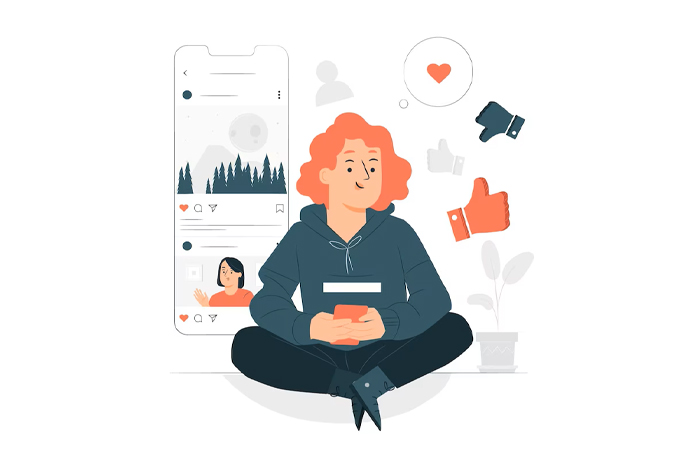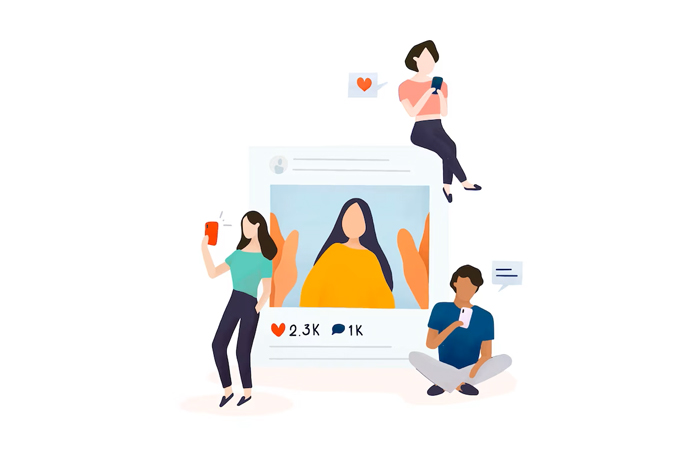Social media is an integral part of our daily lives. It has revolutionized the way we connect, communicate and consume information. However, the excessive use of social media can have a negative impact on mental health. In this blog post, we will explore the impact of social media on mental health and discuss ways to use social media in a healthy manner.
The impact of social media on mental health:
Anxiety and depression
Social media can contribute to the development of anxiety and depression. A study found that excessive use of social media platforms like Facebook and Instagram can lead to increased feelings of social isolation, anxiety, and depression. Constant comparison with others on social media can create unrealistic expectations and cause feelings of inadequacy.

Addiction
Social media addiction is a real problem. The constant need to check notifications and updates can lead to a compulsive behavior, resulting in an addiction. This can lead to a lack of productivity, sleep deprivation and an overall decrease in well-being.

Cyberbullying
Social media has also contributed to the rise of cyberbullying. The anonymity of social media platforms provides an easy way for people to bully others online. Cyberbullying can have severe consequences on mental health and can lead to anxiety, depression and even suicide.

Poor body image
Social media can also contribute to poor body image. The constant exposure to pictures of “perfect” bodies and beauty standards can lead to unrealistic expectations and low self-esteem. This can lead to a preoccupation with body image, leading to disordered eating patterns and other negative consequences.

Using social media in a healthy manner:
Limit usage
One way to reduce the negative impact of social media on mental health is to limit usage. It is essential to take breaks from social media and spend time on other activities that promote well-being.

Focus on positive content
It is important to curate your social media feed and focus on positive content that promotes well-being. This can include content that inspires, motivates, and educates.

Practice mindfulness
Practicing mindfulness can help to reduce the negative impact of social media on mental health. This can include mindfulness meditation, deep breathing exercises, and other techniques to help reduce stress and anxiety.

Conclusion
Social media is a double-edged sword. While it can connect us to others and provide access to information, it can also have a negative impact on mental health. It is important to use social media in a healthy manner and take steps to reduce the negative impact it can have on our well-being. By limiting usage, focusing on positive content, and practicing mindfulness, we can use social media in a way that promotes well-being and supports mental health.









